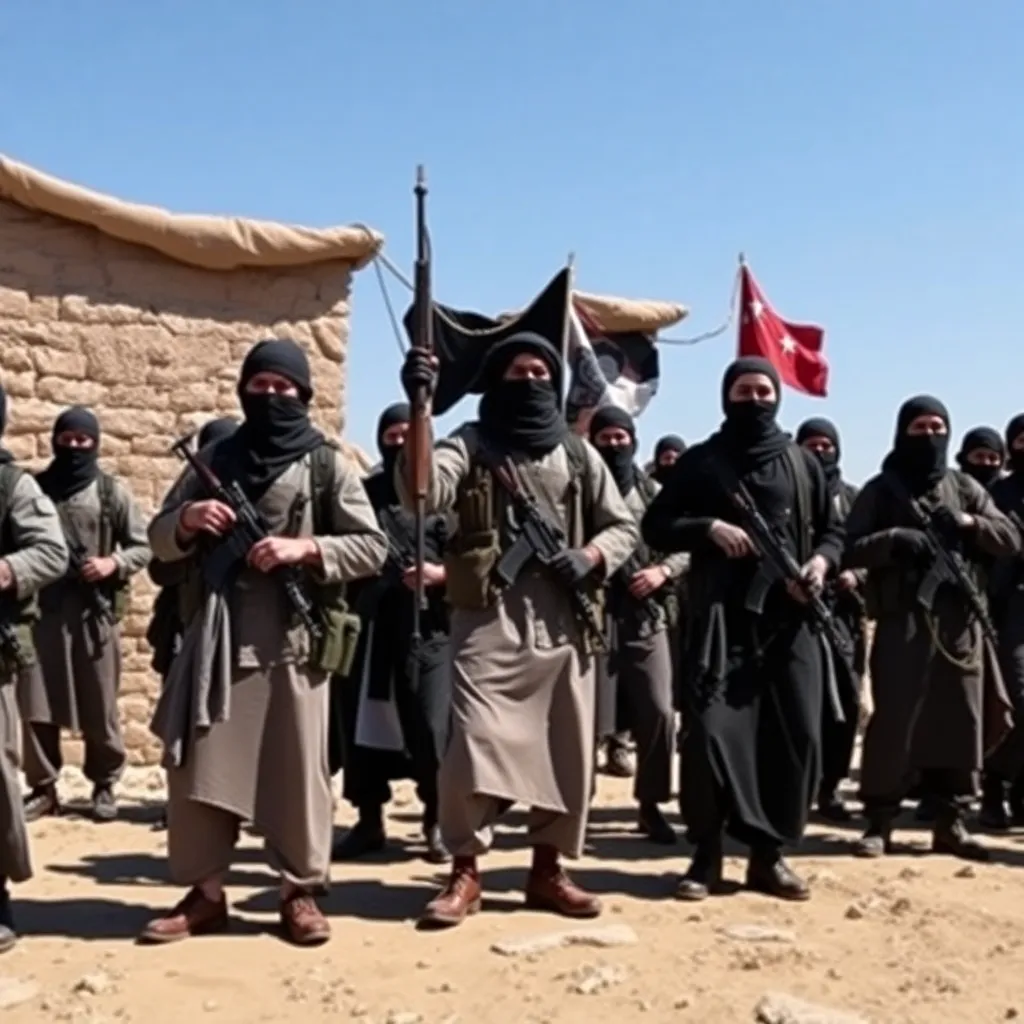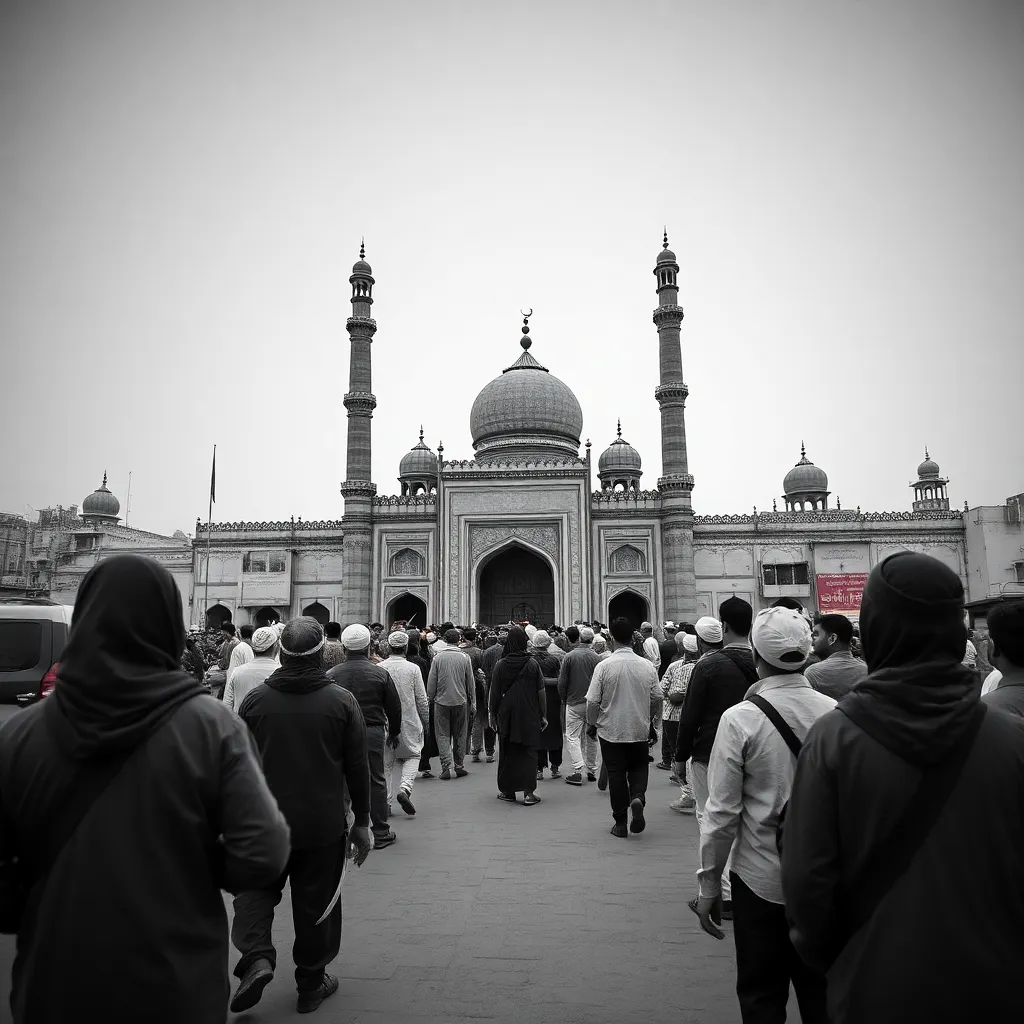
06-Nov-2024 , Updated on 8/5/2025 10:10:08 AM
Madarsa is not an education centre but a home of jihadists, how?
People have a perception that madarsa is an old school where children and other students learn about their religion, the Quran, and other topics. But a rising issue of concern in many people’s minds is that some of the madarsas are developing terrorism and radicalism. Elaborating on this highly sensitive issue, which raises the question of whether some of the madarsas are not centres of learning but rather vivid examples of jihadist recruitment.
The madarsas have for a long time been used by the Islamic society, especially for religious learning. In many areas, they offer their services for free and educate underprivileged children during times when children are out of school, or this is just how they seem on paper. However, in madarsas, many of the programs are largely dominated by religious education or moreover teaching children how to hate other religions, and little or no emphasis is placed on such courses as mathematics, science, and critical and creative thinking. Such an ill-prepared education therefore exposes the students to the radical teachings of terrorism.
In some instances, however, criminal organisations take advantage of the systems in place in madarsas to have their way. These groups often choose vulnerable youths, giving them a purpose and something to hold on to. Their teachings can easily be misrepresented to vend a slogan that glorifies jihad and martyrdom. Many students are even taught by their teachers to always see the world in black and white; in other words, anyone who does not fit into the so-called Islamic culture is an enemy.

Many papers and investigations have documented the link of the Madarsas with terrorism. Such studies carried out in the areas of Pakistan and Afghanistan, for example, expose that some of the madarsas fund terrorism. Attacks have shown that graduates from these institutions engage in acts of terror, quoting their education as reason.
However, terrorist activities have sometimes been linked to students who took their education at these radical madarsas. Such a situation sparks essential concerns about the institutions being more of a facilitator of extremism than the prime goal of educating the young population.
The Role of Funding
I think that it is equally important to focus on the financing of madarsas. They get funds from various donors, most of whom may be part of ultra-right-wing wealthy individuals or terrorist organisations. These funds are bound to create a teaching and learning culture that is radical, as the institutions of higher learning may be coerced to satisfy the radicals funding them.
The Need for Reform
There is therefore the need for redevelopment to address these issues within the madarsa system. This carries the following elements, such as having an integrated curriculum where secular and religious issues are taught. Moreover, those authorities’ monitoring and regulation are also crucial to prevent radicalisation by turning madarsas into the jihadist centres. Political leaders and citizens should encourage schools that encourage critical thinking and respect for other people’s views and beliefs. Moreover, the best solution for these activities to stop is to close these so-called education centres, or should we say jihadist centres?
Conclusion
Terrorism in education is one of the most dangerous threats to society since people are eagerly waiting for a chance to apply the knowledge they get in schools.
By addressing these issues head-on, we can work towards a future where madarsas serve their intended purpose: instead of encouraging change and division through methods that only seek to capture their audiences, but to inspire and empower, enlighten, and enrich. The discussion cannot be stopped; it therefore lies on our part to ensure that education is used as a weapon of peace, not war.

Student
hey there! i am a student currently pursuing my bachelors with a keen interest in writing., I am fueled by a deep love for storytelling and a flair for creating captivating narratives. Armed with a passion for language and a keen eye for detail, I strive to craft compelling copy that leaves a lasting impact.
Comments
Join Our Newsletter
Subscribe to our newsletter to receive emails about new views posts, releases and updates.
Copyright 2010 - 2026 MindStick Software Pvt. Ltd. All Rights Reserved Privacy Policy | Terms & Conditions | Cookie Policy